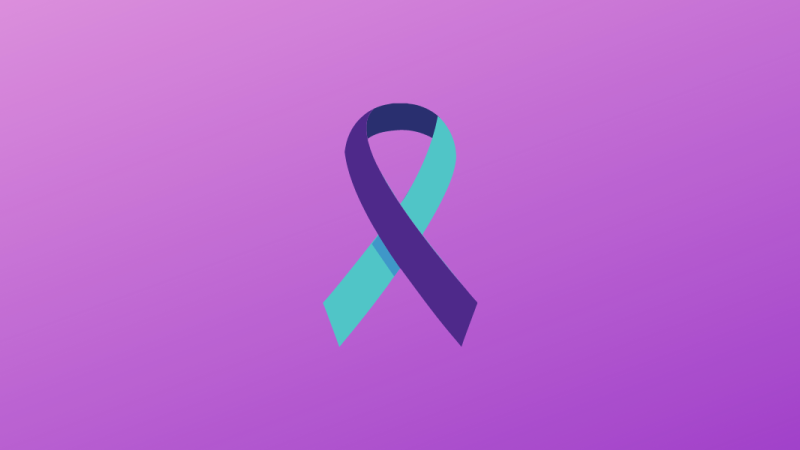
How to Help a Friend in Crisis
Remember the “ACT” acronym: Acknowledge, Care, Tell
What does “in crisis” mean?
In crisis means a risk to safety of self or others. Examples:
- Thinking, “I don’t see the point in life.”
- Talking about self-injuring.
- Thinking, “I feel really depressed.”
- Giving away possessions.
- Asking people “How would you feel if I died?”
- Asking “How many pills would it take to die?” or about other means to die.
- Engaging in reckless or dangerous behaviors.
Remember the “ACT” acronym: Acknowledge, Care, Tell
ACKNOWLEDGE
- Listen – Take every comment about death or harm to self seriously. Listen for or remind your friend of reasons to live (i.e. things good in the world, things or people they love, things that can make them smile or laugh) and point them out to your friend.
- Validate – Acknowledge their feelings and that they are real.
CARE
- Reassure – Assure your friend that you are going to help him or her remain safe and get some help.
- Allow your friend a “space” to openly and non-judgmentally express his or her emotions, even if they are intense emotions.
- Let your friend know he or she is important to you, and his or her life has value.
TELL
- Get help from an adult immediately.
- Remember a crisis means there is a risk to someone’s safety, which means you should seek help from an adult immediately.
- Getting help from an adult doesn’t discount the importance of your support as a friend, but friends cannot provide the services that adults can access.
- Never promise to keep a secret if you are wondering whether they may hurt themselves. Just feeling unsure about whether they might harm themselves is enough.
- Share concerning social media posts with a trusted adult.
When you are at school:
- Don’t leave your friend alone.
- Walk your friend to the office or to a trusted adult. Tell the adult the whole truth so the adult knows the true risk in case your friend backpedals or is not comfortable disclosing everything.
- Text 988 – Hit send and help a friend!
If you are not at school:
- Tell an adult, immediately.
- Don’t leave your friend alone. If you are not physically with them, keep them talking to you.
- Encourage him or her to call or text the 988 Crisis Lifeline. If they won’t, you can, and it is confidential.
- Call 911.





